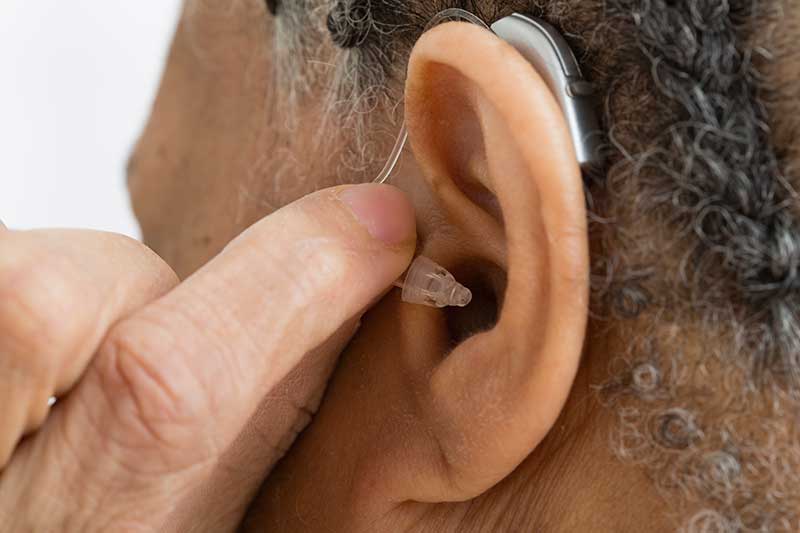We experience sounds in our environment every day. Many of the sounds we encounter on a day-to-day basis are at safe levels. They do not have an impact on our hearing. However, there are sound levels that can have a negative impact on our hearing.
How Does Noise Affect Hearing Loss?
Being exposed to sounds that are too loud or being exposed to sounds that are too loud for too long can result in damage to the sensitive structures within the inner ear. This in turn can result in what is known as noise-induced hearing loss (NIHL).
NIHL can be immediate. It can also occur over time and take a long time to be noticed. It can also be permanent or temporary and affect one ear or both ears. According to a CDC study, hearing loss affects about 10 million adults in the US under the age of 70. The study also revealed that 24 percent of American adults exhibit signs that suggest a hearing loss in one or both ears as a result of exposure to loud noise.
There are three factors that affect how a sound affects you and if it will cause damage to your hearing.
- The decibel level – this is how loud the sound is. In general, sounds that are too loud can cause hearing loss.
- Distance – this is how close the source of the sound is to you. A loud sound may not cause hearing loss if the source is too far away.
- Time – this is the length of exposure to the sound. A loud sound can cause damage even after a short length of exposure while a sound with a lower decibel level may cause damage after prolonged exposure.
Noise levels of 140 decibels and above can cause permanent hearing loss. These include gunshots and jet engines within 3 feet and for a few seconds.
Can Minimizing Certain Sounds and Noise Levels Protect Your Hearing?
According to the CDC NIHL is completely preventable. The first step is understanding what type of noises can cause damage to your hearing. You can then take steps to protect your hearing.
Some of the steps you can take to protect your hearing include lowering the volume of noise sources, moving away from sources of noise as well as wearing hearing protection. Some examples of hearing protection you can wear include earmuffs and earplugs.


